For our fourth meeting, we agreed to meet in a café. We wanted to keep the meeting going, but we were both very busy with school, so we decided to hold the meeting in the café today. Since we were here to drink coffee and study, we exchanged words, sentences, and cultural differences around this topic. First, we told each other more about how the school system is arranged in our countries. I found out that this is very different in Spain compared to the Netherlands. In the Netherlands, you are really tested on how smart you are, and based on this result, you are assigned to a certain level. This ultimately has a lot of influence on your future, because if you are advised to attend havo, you cannot directly move on to university. You can only attend hbo or mbo immediately. If you want to go to university with this advice, you first need to get your bachelor’s degree from your hbo education, and then you can move on. In Spain, everyone takes the same classes and there is no distinction between different levels. After high school, they have two options. They can choose to do 2 years of grado medio or 2 years of bachelor’s degree. If someone chooses grado medio, they can do grado superior afterwards and then go to university. If they choose to do a bachelor’s degree, they can go to university afterwards. If they want, they can also do a grado superior after their bachelor’s degree and then go to university. Furthermore, there are 3 types of bachelor’s degrees, which we do not have in the Netherlands. In Spain, you can choose from: science, letters, or art. I found it funny to see how differently this is organized in each country. Also, thinking about the fact that now, with all the exchange students and Finnish degree students, we can take the same courses here in Tampere. Everyone comes from a different background, and I think it’s great to see how this can still align, and how you can learn a lot from each other.
Furthermore, during this meeting, we also learned new vocabulary and sentences. We learned words and phrases related to studying and cafés. We also taught each other how to order coffee in a café. We noticed that this time, both of us were really good at pronouncing the words. We went through them much faster and more confidently. Also, this time, for example, I didn’t need to look at the words Sandra was reading aloud, because I understood her just from her pronunciation, whereas at the beginning, I had difficulty with that.
Even though I am learning the rules of pronouncing Spanish letters/words, I am also learning to pay more attention to my own language. For example, Sandra had trouble with a word that had the letter ‘d’. I started thinking about it and reflecting on what rule we actually have for this. I noticed that when a ‘d’ is at the beginning or middle of a word, you pronounce it as a ‘deee’, but when it is used at the end, you pronounce it as a ‘t’. I find it interesting to reflect on these rules, especially since I regularly deal with people from abroad in the Netherlands who want to learn Dutch. Because I am a teacher now, I am learning to think more about this, and I can apply the knowledge I gain in this area to help others as well.
I also notice that I’m getting much better at pronouncing my words because I let other Spanish exchange students hear me. They always understand me and let me know that they are very proud of my pronunciation. It’s nice to see that not only my own perception confirms this, but others, whose mother tongue is Spanish, also show that this thought is correct.
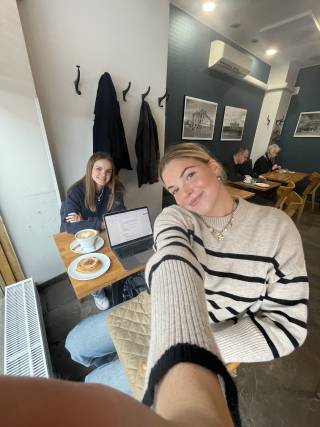 .
. 



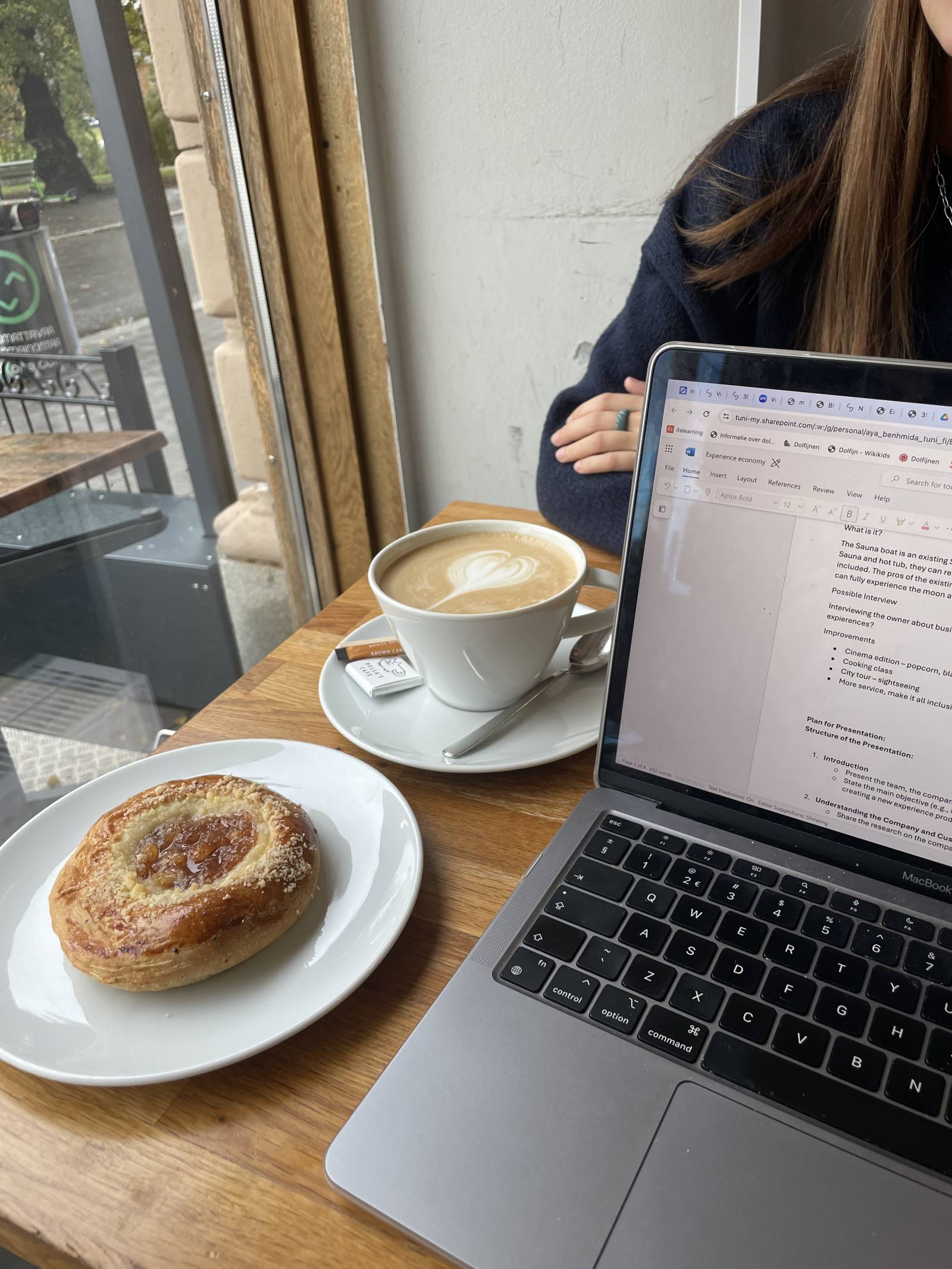
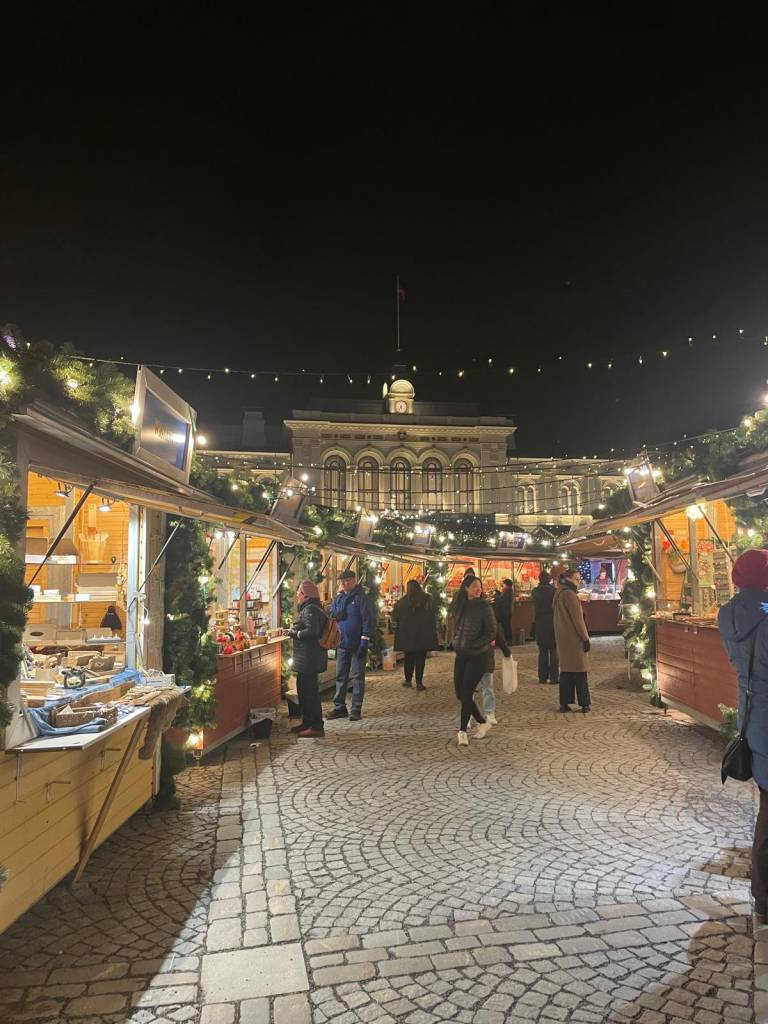
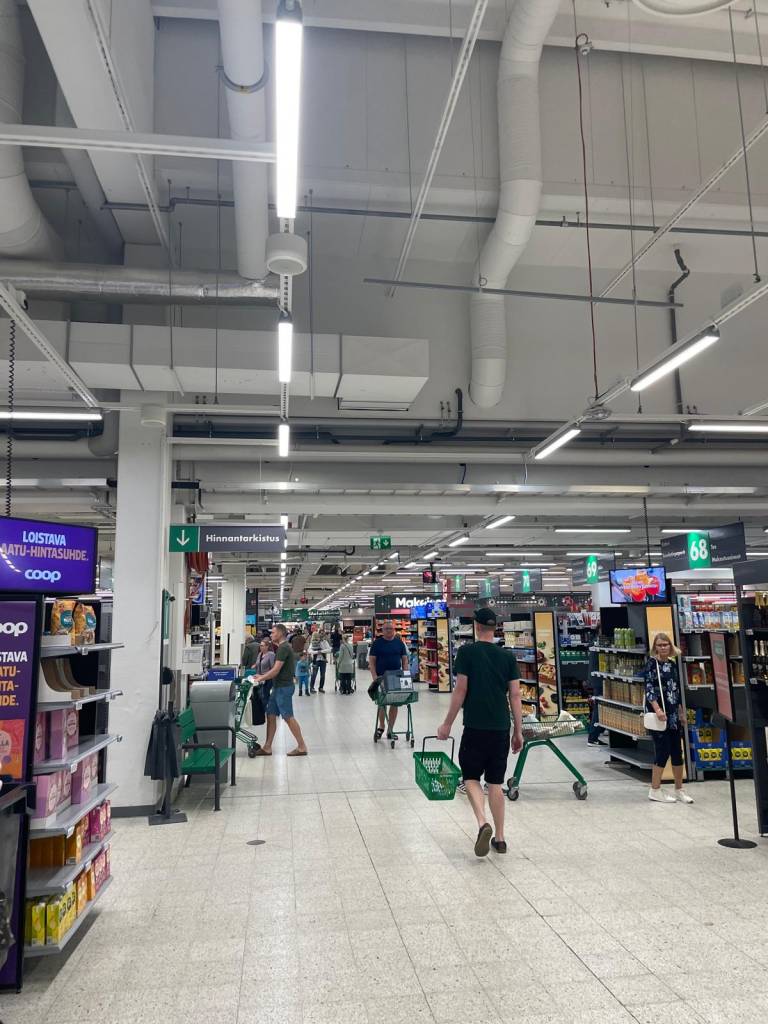
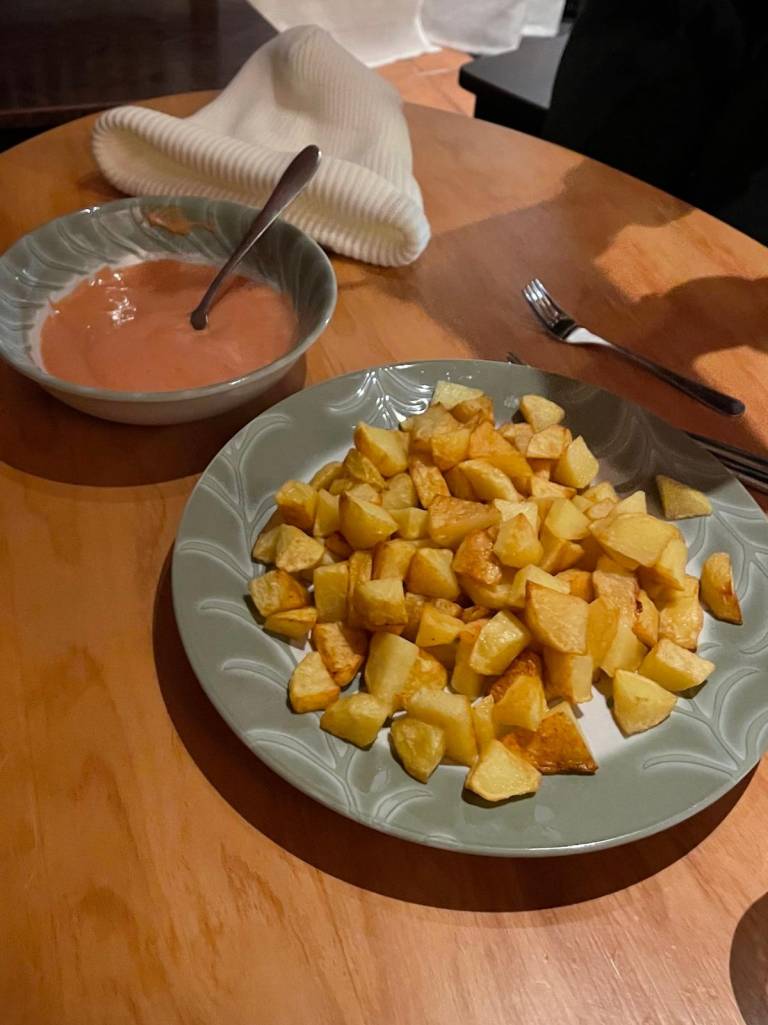
Comments